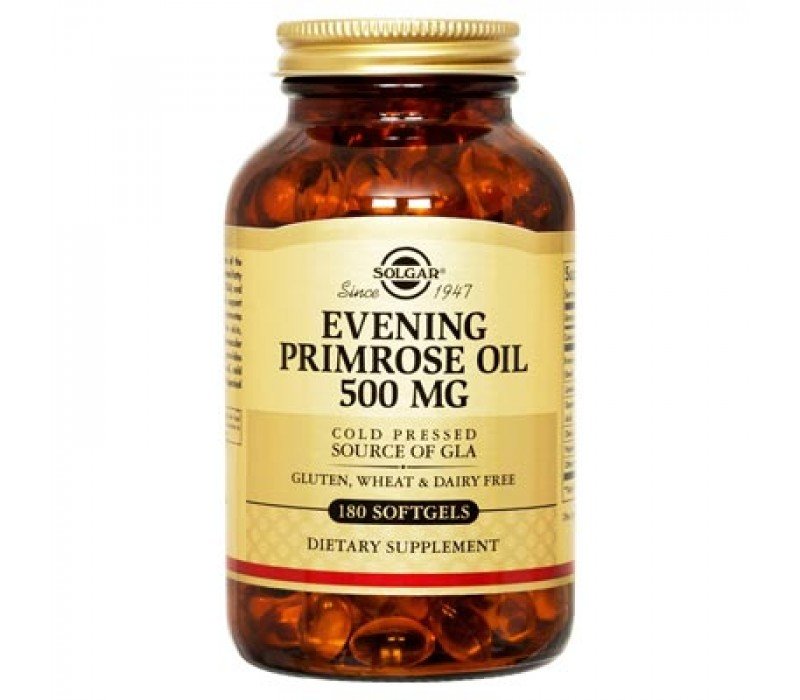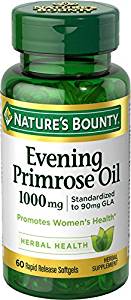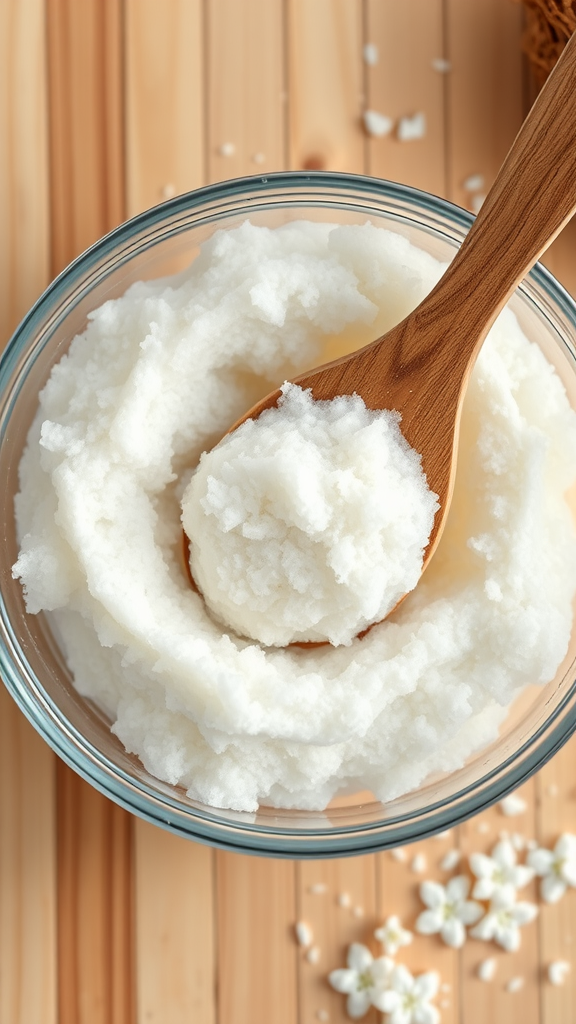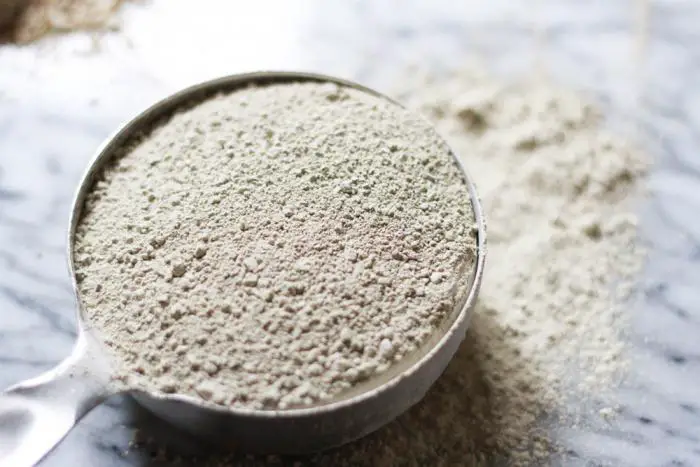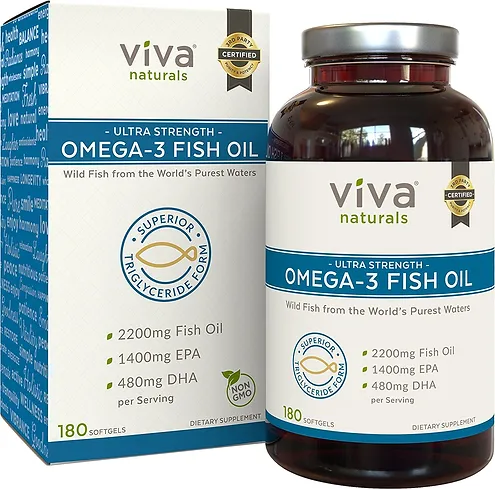Evening primrose oil for menopause – dosage and side effects
Evening primrose oil for menopause has been used by many women. Mood swings, hot flashes, insomnia, night sweats, vaginal dryness, joint pain – can evening primrose oil help at least with some of those menopause symptoms? And what is the proper dosage of evening primrose oil for menopause symptoms?
Once a woman hasn’t had a period for 12 months, she is in menopause. But perimenopause symptoms can occur for years before periods end. They make life uncomfortable and stressful. Evening primrose oil is an alternative treatment to alleviate pain and discomfort during menopause. For women in menopause, evening primrose oil (EPO) is beneficial for the prevention of osteoporosis, when used together with calcium and fish oil.
Evening primrose oil for menopause – how exactly it works?
One of the most disturbing menopause symptoms is hot flashes. A disorder of thermoregulation causes them. Some women suffer from hot flashes for more than 10 years, while for others this symptom stops within 6 months. Many women that are taking evening primrose oil for menopause, notice that it helps to reduce the severity of hot flashes.
• During the menopause ratio of female and male hormones distorts. That is why, to balance this ratio, doctors prescribe hormonal medication which, in turn, helps to reduce hot flashes severity. In addition, you will need to take medications to lower blood pressure, because often during menopause women are suffering from hypertension. Evening primrose oil is a natural, hormone-like supplement, that is widely used by many women to support hormonal therapy or as a stand-alone health-supporting remedy.
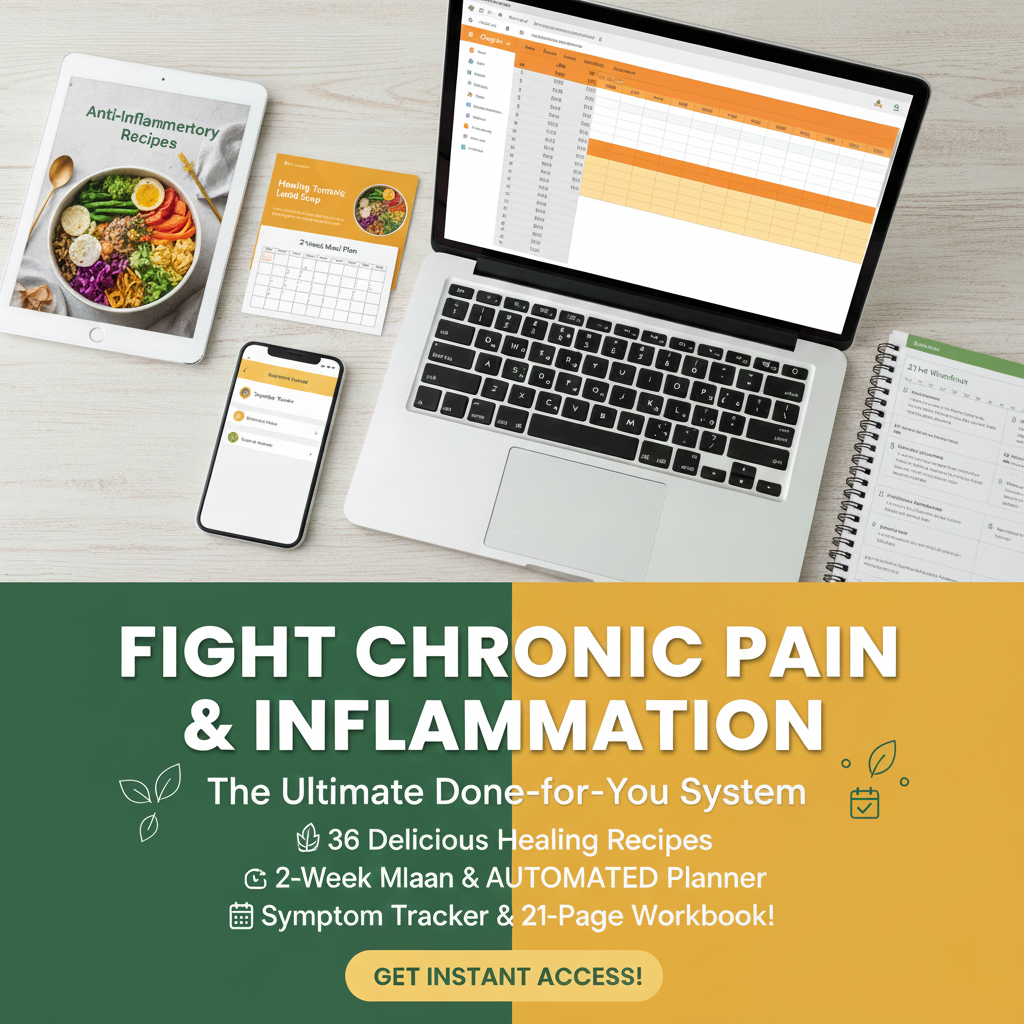
• Your body needs a balance of nutrients and fatty acids to function properly. 25% percent of the evening primrose oil is made of fatty acids, the most important of which are gamma-linolenic acid or GLA and linoleic acid. Commercial preparations of evening primrose oil typically contain around 8 percent GLA and 65 – 80 percent linoleic acid [1]. GLA, an omega-6 fatty acid, is called essential because you need to obtain it from food. Or from supplements like EPO.
• During menopause when the decrease in estrogen makes women prone to osteoporosis. Most postmenopausal women do not consume enough calcium and must use supplements to achieve the recommended amount. Evening primrose oil is one of the best supplements to combat this problem. A special combination of gamma-linolenic acid (GLA) and eicosapentaenoic acid (EPA) can increase calcium absorption from food, reduce calcium excretion from the body. Besides, these fatty acids can also lower blood pressure, prevent blood from clotting and reduce cholesterol levels.
Dosage of Evening Primrose Oil for Menopause
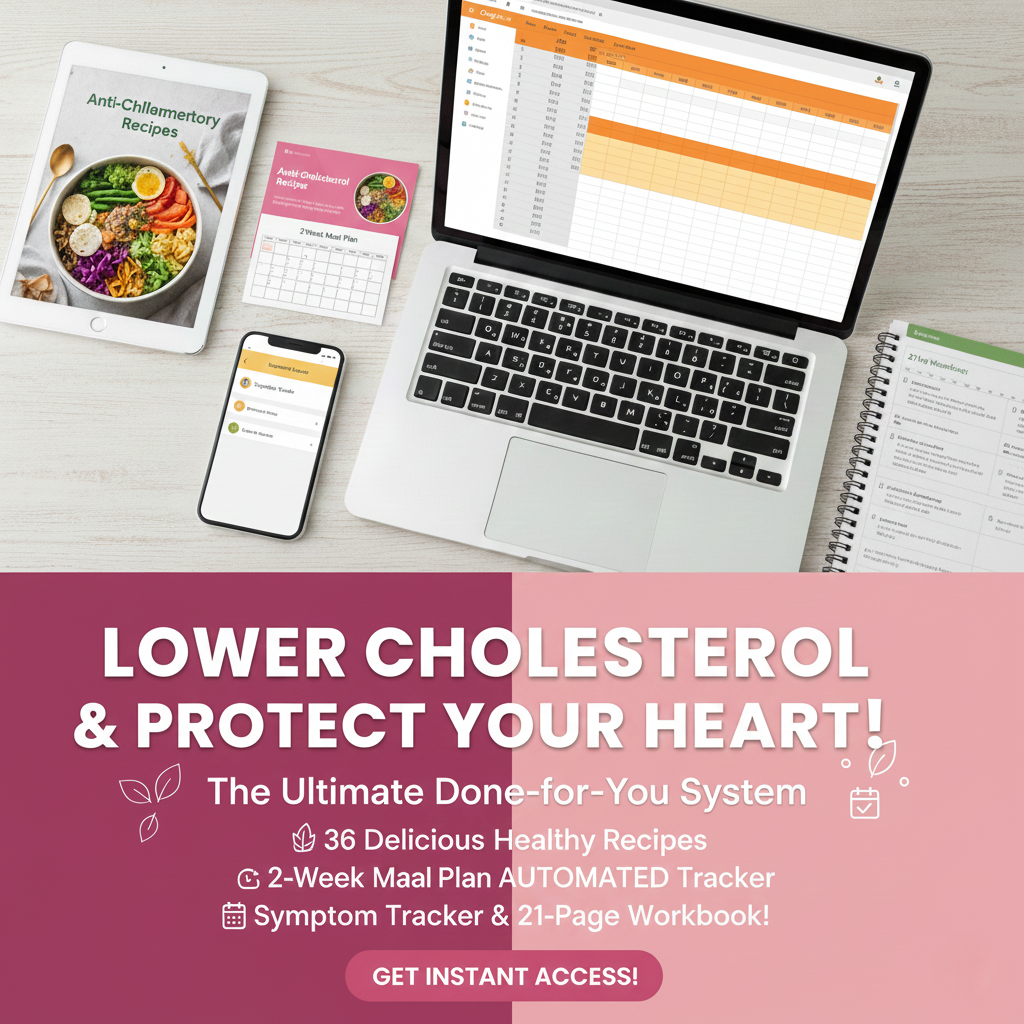
There are several factors to consider before buying evening primrose oil. And the percentage of GLA is one of the most important ones. The effectiveness of evening primrose oil will depend on how high this concentration is.
Pick one that is at least 8% GLA. 10% is an optimal concentration, while 12% is a high concentration of GLA.
Medical researchers of the treatment of menopause symptoms recommend the following dosage:
3,000 mg containing 12% GLA (gamma-linolenic acid) daily for the first 12 weeks to rebuild your GLA stores and then take 1,000 mg as a maintenance dose. Most supplement labels recommend a maximum dosage of 4,000 mg/day.
Depending on the brand, this may result in taking 2 to 6 capsules per day:
To get 3000 mg EPO, take daily:
3 capsules of Blackmores Evening Primrose Oil (500 mg each)
![]()
Or
2 capsules of Nature’s Plus Evening Primrose Oil
To get 1000 mg EPO, take daily
2 capsules of GNC Evening Primrose Oil
Or
1 capsule of Nature`s Bounty Evening Primrose Oil
The earliest period after the benefit of the treatment can be assessed is 6 weeks. However, studies suggest, that evening primrose oil should be taken for 12 weeks minimum before it reduces menopause symptoms.
Benefits of evening primrose oil for hot flashes
Evening primrose oil is a natural product that some women select for treating hot flashes. A hot flash is a sudden feeling of intense heat that comes from inside the body, rather than from external sources. The cause of hot flashes isn’t known, but it’s likely that hot flashes are caused by a drop in estrogen, a hormone that regulates women’s’ menstrual cycles and helps support fertility and pregnancy.
In fact, the effect of evening primrose oil on reducing hot flashes has been proved scientifically. The 2013 research [5] found out, that “the application of oral evening primrose oil compared with placebo for controlling hot flashes may decrease the intensity of attacks”.
The dosage of EPO for hot flashes is: two 500 mg capsules per day
ALSO READ: Full review and comparison of Best Evening Primrose Oil supplements
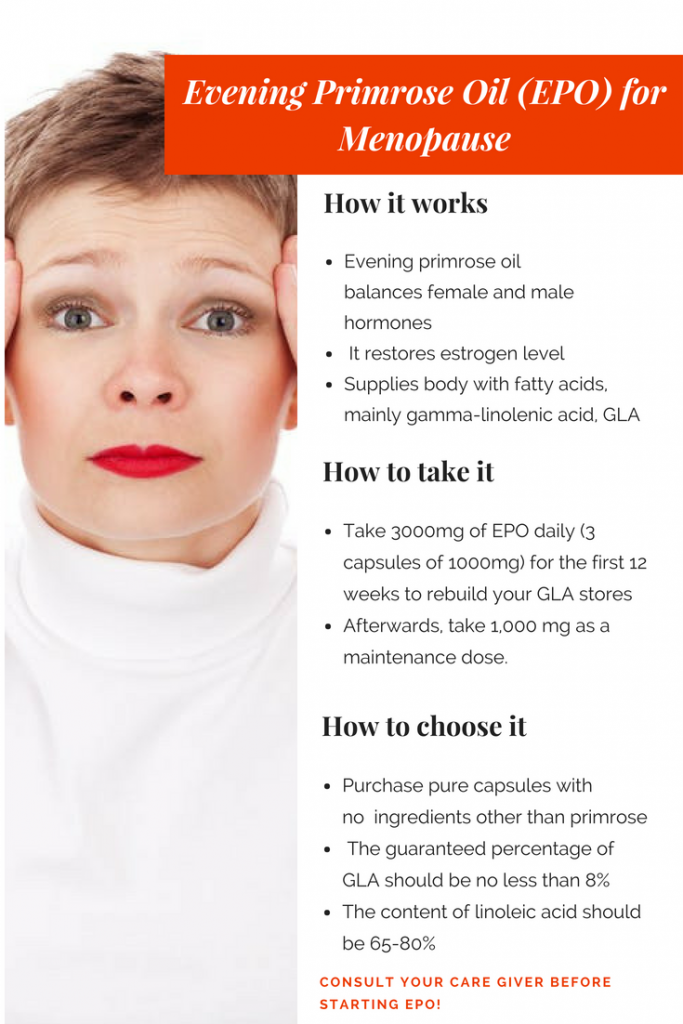
Clinical trials of evening primrose oil for menopause
While many women confirm that taking evening primrose oil helped them alleviate some of the menopausal symptoms, there is no one opinion in the scientific world, whether evening primrose oil really helps. The results of scientific studies vary.
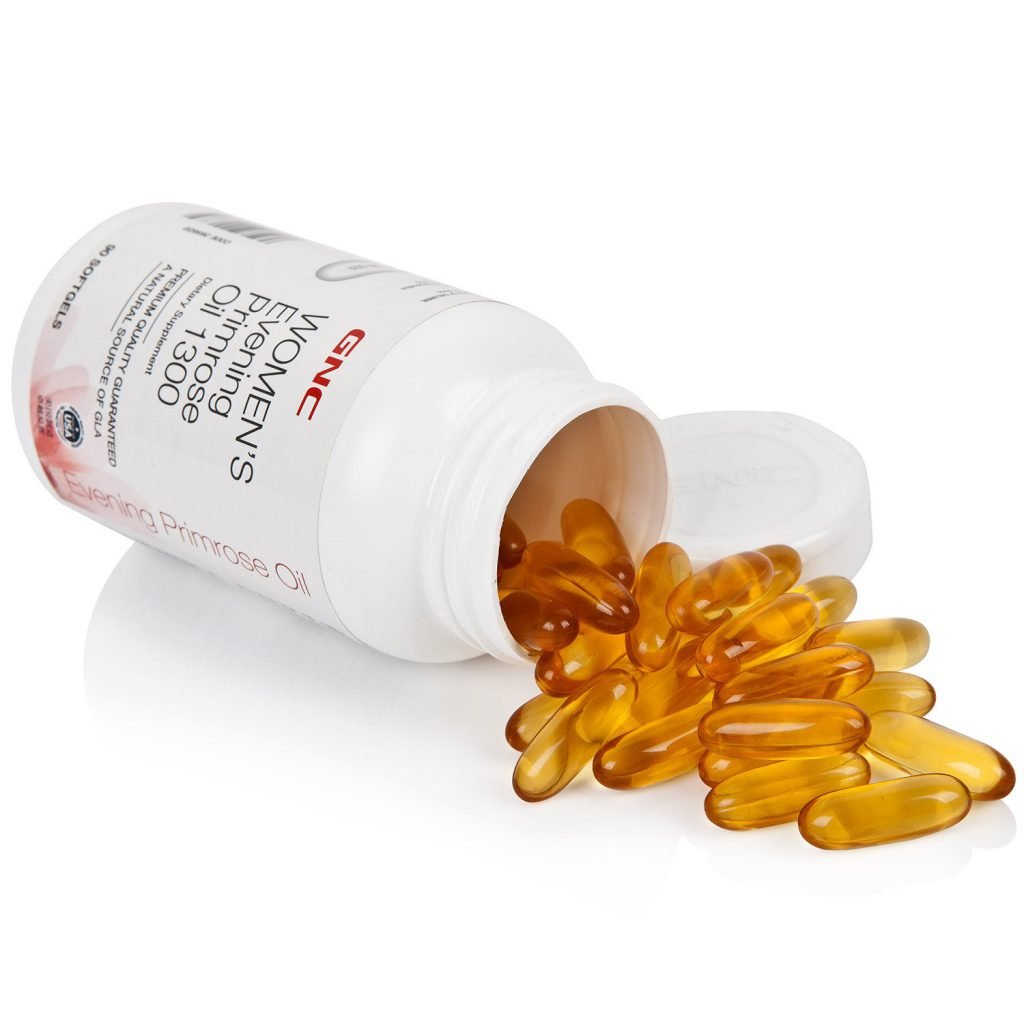 For example, during the clinical trial [2] conducted in 2013, one group of women was consuming evening primrose oil, while another was taking a placebo. After 6 weeks scientists could note a significant reduction in the severity of the hot flashes. The frequency or duration of hot flashes also diminished, but at a much smaller level.
For example, during the clinical trial [2] conducted in 2013, one group of women was consuming evening primrose oil, while another was taking a placebo. After 6 weeks scientists could note a significant reduction in the severity of the hot flashes. The frequency or duration of hot flashes also diminished, but at a much smaller level.
On the contrary, the study [3] reported no significant difference in hot flashes between evening primrose oil versus placebo.
Because evening primrose oil has been part of herbal medicine for hundreds of years, recommended by many practitioners, you could also give it a try. For example, a recent study revealed, that 500,000 Australian women use alternative menopause therapy. And evening primrose oil is among top alternative remedies. There is always a chance that you would have some positive benefits.
Side Effects of Evening Primrose Oil for Menopause
Evening Primrose Oil is well tolerated and safe if used as recommended. Allergic reactions are rare but possible. Sometimes women can suffer from an upset stomach while taking it. Therefore, always take evening primrose oil with food to avoid upset stomachs and other gastrointestinal side-effects.
It is also recommended to take it together with Vitamin E for better results.
Be aware, that using evening primrose oil in combination with other natural and herbal remedies can cause negative effects. For example, a study [4] warns, that taking natural energy supplement Korean Ginseng at the same time as evening primrose oil or an anti-clotting drug (like heparin or acetylsalicylic acid) could cause bleeding. EPO is not recommended for people with seizure or bleeding disorders.
How to store the oil
EPO is perishable, and capsules should be stored out of sunlight. Keep it in the refrigerator to prevent spoilage.
As always be safe and check with your healthcare provider before starting to take any herbs and supplements.
Where to buy evening primrose oil?
Because it is a supplement, it doesn´t require a doctor´s prescription. Evening primrose oil is available from health food stores or on Amazon.
[1] Hudson, B.J.F. J Am Oil Chem Soc (1984) 61: 540. https://doi.org/10.1007/BF02677026
[2] Farzaneh F(1), Fatehi S, Sohrabi MR, Alizadeh K. Author information: (1)Gynecology Translational Research Center (GTRC), Imam Hossein Hospital, Shaheed Beheshti University of Medical Sciences, 16177-63141, Tehran, Iran
[3] Nelson HD, Vesco KK, Haney E, Fu R, Nedrow A, Miller J, Nicolaidis C, Walker M, Humphrey L. Nonhormonal Therapies for Menopausal Hot FlashesSystematic Review and Meta-analysis. JAMA. 2006;295(17):2057–2071.
[4] Relieving menopause symptoms on your own. Informed Health Online
[5] Farzaneh F, Fatehi S, Sohrabi MR, Alizadeh K. The effect of oral evening primrose oil on menopausal hot flashes: a randomized clinical trial. Arch Gynecol Obstet. 2013 Nov;288(5):1075-9.
Disclaimer: The contents of this website are for informational purposes only and do not constitute medical advice; the content is not intended to be a substitute for professional medical advice, diagnosis, or treatment. Always seek the advice of a physician or other qualified health provider with any questions you may have regarding a medical condition.


